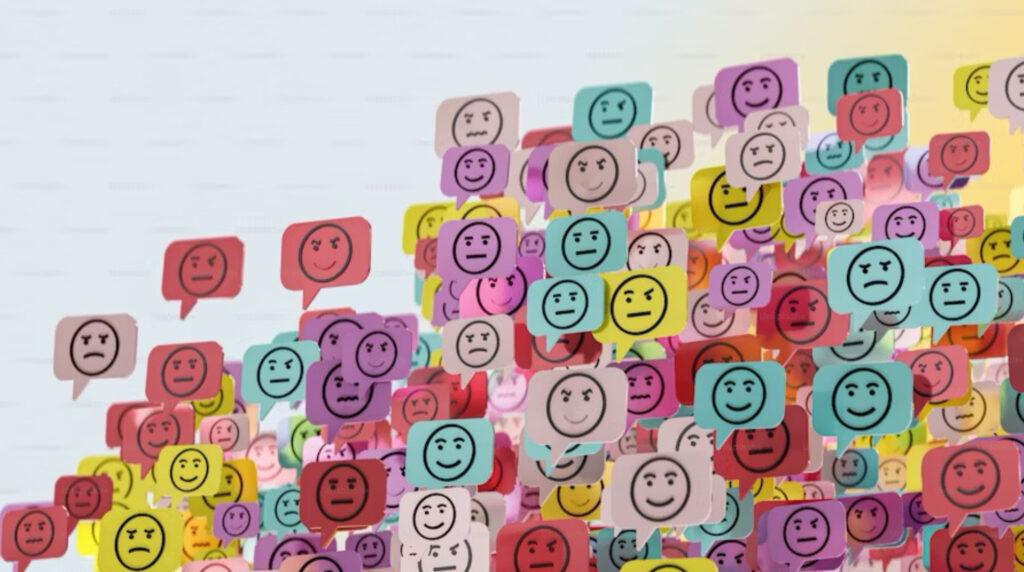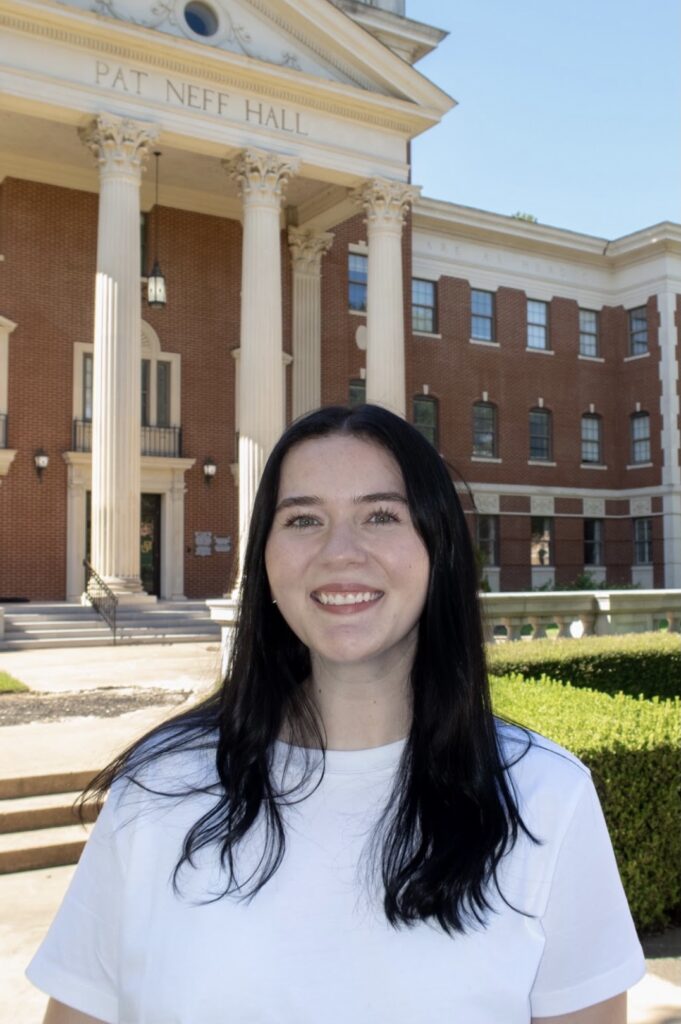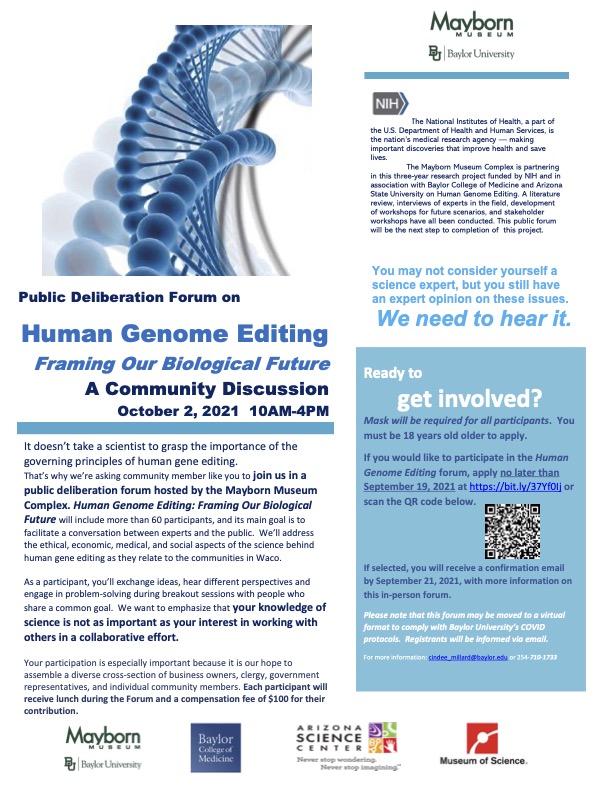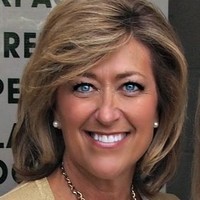What is OCD?
The National Institute of Mental Health defines Obsessive Compulsive Disorder as a long lasting disorder in which a person experiences uncontrollable and recurring thoughts, engages in repetitive behaviors, or both. These repetitive thoughts, known as obsessions, can take the form of unwanted, disturbing thoughts called intrusions. Compulsions are typically referred to as a symptom of obsessions. These actions and behaviors are the mind and body attempting to protect itself, alleviating stress by complying with the thought or avoiding it altogether. Obsessive Compulsive Disorder has been labeled as one of the leading debilitating disorders by the World Health Organization, with 30% of those diagnosed abusing substances, yet it is highly misunderstood and misrepresented in standard media.
Why does awareness matter?
During OCD awareness week, which takes place the second week of October every year, the focus is on sharing information, personal stories, and resources to help those affected by the disorder. Many misconceptions exist about OCD, and understanding the true nature of the disorder can help reduce stigma and cultivate empathy. By continuing discourse and raising awareness, we can encourage those struggling with OCD to seek help by letting them know they are not alone.
Obsessive Compulsive Disorder is highly complex and only affects around 1-2 percent of the population, yet it is a treatable, tamable disease. Obsessions and compulsions can cause dysfunction and fear in all areas of one’s life, with physical, mental, social, spiritual, and moral status under attack. This impacts the way an individual suffering from OCD understands their own identity. OCD is not simply being tidy or washing your hands frequently, and this watered down rhetoric invalidates the experiences of those suffering from this ailment.


Elizabeth Riley hails from Tennessee and is a senior double majoring in English and Professional Writing & Rhetoric at Baylor University. She works as a Transcription Assistant at the Baylor University Institute for Oral History and is President of the Baylor Ice Girls for the 2024-2025 season.
By Cindee Millard
Baylor University’s Mayborn Museum Complex will host a community dialogue Oct. 2 titled, “Human Genome Editing: Framing Our Biological Future.” The dialogue is part of a three-year research project funded by the National Institutes of Health.

Arizona Science Center, Baylor College of Medicine, and Boston Museum of Science chose Mayborn to host, facilitate, and participate in the dialogue at the museum, 1300 S. University Parks Dr., beginning at 10 a.m.
Forum participants will include people from Central Texas. The goal is to create conversations between experts and community members that both will find valuable and informative. During this citizen dialogue we will take part in discussions that will solicit input that will be used to feed into global negotiations about our futures with human genome editing.
We are looking for individuals with a variety of backgrounds and viewpoints representing the diversity of our community. No prior knowledge is required. There are no incorrect answers and every viewpoint is welcome.
Interested persons may apply no later than Sept. 19 and will receive notification if accepted to be a part of this day long community forum. Those selected will receive lunch and a $100 gift card for participation in this project. Masks will be required for all participants. You must be at least 18 years old to apply.
Apply online at https://www.surveymonkey.com/r/HGE-Waco. If selected, you will receive a confirmation email by Sept. 21, with more information.
Please note that this forum may be moved to a virtual format to comply with Baylor University’s COVID protocols. Registrants will be informed via email.
NIH, a part of the U.S. Department of Health and Human Services, is the nation’s medical research agency — making important discoveries that improve health and save lives. This project on Human Genome Editing has completed a literature review, interviewed experts in the field, developed workshops for future scenarios, and conducted stakeholder workshops. The public forum will be the next step to completion of this project.
The Mayborn Museum, Baylor University, and Waco were chosen because of their central location, non-metropolitan cross section of the U.S. population, their association with public deliberation initiatives, and their experience in gathering diverse community voices in public forums. Only two other locations in the United States have been funded to participate: Boston Museum of Science and Arizona Science Center.
The Mayborn Museum will benefit from this collaboration by receiving national visibility and by helping to add to the fulfillment of their strategic plan goal of building relationships with communities that represent a diversity of backgrounds, ages, and cultures to increase accessibility and relevance.
For more information: [email protected] or 254-710-1733.

Cindee Millard, a native Wacoan and Baylor University graduate, is public & community engagement manager for Mayborn Museum Complex. For more than 10 years Cindee has worked with nonprofits and community organizations collaborating in projects and programs to provide relevant museum programming to diverse audiences. Millard lives in Waco with her husband, Mike.
The Act Locally Waco blog publishes posts with a connection to these aspirations for Waco. If you are interested in writing for the Act Locally Waco Blog, please email Ferrell Foster at [email protected].
